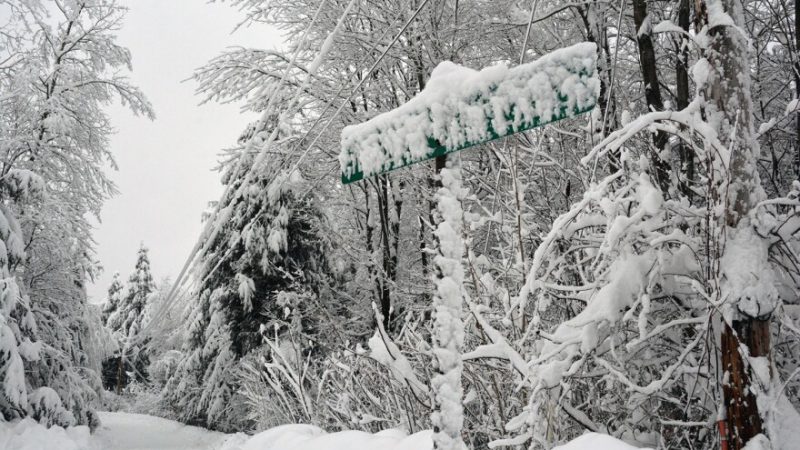: “Remembering Lives: Exploring the Significance of Fullerton Obituaries”
Obituaries serve as poignant tributes, encapsulating the essence of a person’s life in a few carefully chosen words. In the vibrant city of Fullerton, California, obituaries take on a special meaning, weaving together narratives of diverse lives that have contributed to the rich tapestry of the community. In this article, we delve into the significance of Fullerton obituaries, exploring how they serve as more than just records of death but as celebrations of life, remembrance, and a testament to the interconnectedness of a community.
The Art of Remembrance:
Obituaries are not merely factual accounts of a person’s passing; they are a form of art, crafted to honor and remember the individual. Fullerton, with its unique blend of cultures and communities, showcases a kaleidoscope of obituaries that reflect the city’s diversity. These narratives often highlight the person’s achievements, passions, and the impact they had on those around them.
Fullerton’s obituaries become a canvas for storytelling, revealing the chapters of lives lived in the city. From the quiet artist who left an indelible mark on local galleries to the community activist whose tireless efforts transformed neighborhoods, each obituary paints a vivid picture of the person behind the name.
Community Connection:
In a city like Fullerton, where tight-knit communities flourish, obituaries play a crucial role in connecting people. As residents read about the lives of their neighbors, colleagues, and fellow community members, a sense of shared history and camaraderie emerges. The obituary pages become a space where residents come together to mourn, celebrate, and reflect on the collective journey of Fullerton.
Fullerton obituaries often serve as a bridge between generations, preserving the stories of those who came before. Families share anecdotes, achievements, and even challenges faced by their loved ones, creating a mosaic of shared experiences that shape the identity of Fullerton.
Celebrating Diversity:
Fullerton is a microcosm of diversity, and its obituaries reflect the various backgrounds, cultures, and traditions that coexist within the city. From multigenerational families rooted in Fullerton’s history to newcomers who embraced the city as their own, obituaries showcase the breadth of human experience.
These narratives become a testament to the city’s inclusivity, illustrating how people from different walks of life contribute to the vibrant tapestry of Fullerton. Whether celebrating cultural traditions, entrepreneurial spirit, or community service, obituaries underscore the shared values that bind Fullerton residents together.
Honoring Unsung Heroes:
Within the pages of Fullerton obituaries, one discovers the stories of unsung heroes—individuals whose contributions might have gone unnoticed in the hustle and bustle of daily life. These can be teachers who inspired generations of students, healthcare workers who dedicated their lives to healing, or volunteers who quietly worked to improve the lives of others.
By highlighting the deeds of these unsung heroes, Fullerton obituaries shed light on the everyday acts of kindness and resilience that make the city a compassionate and thriving community. In doing so, these tributes inspire others to continue the legacy of service and goodwill.
Navigating Grief in a Digital Age:
In an era dominated by technology, the way we approach grief and remembrance has evolved. Fullerton obituaries, once confined to print publications, now find a digital home, allowing for broader reach and accessibility. Online platforms provide a space for condolences, memories, and shared stories, creating a virtual community of support for those mourning the loss of a loved one.
Fullerton’s transition to digital obituaries reflects the city’s adaptability and embraces the interconnected world we live in. It also ensures that the stories of Fullerton’s residents are preserved for future generations in an easily accessible format.
Conclusion:
Fullerton obituaries are not just announcements of death; they are vibrant narratives that celebrate the lives, contributions, and diverse experiences of the city’s residents. As these tributes continue to evolve in the digital age, they bridge gaps between generations, celebrate diversity, and honor the unsung heroes who shape the community’s character. In reading and sharing these stories, Fullerton residents find solace, connection, and a renewed appreciation for the rich tapestry of life in their city.






